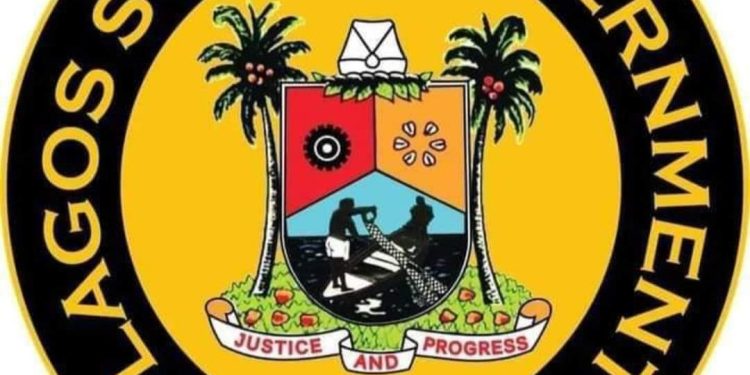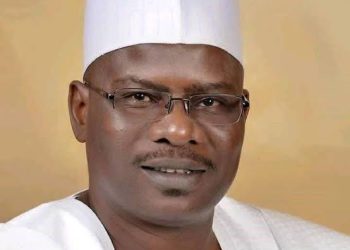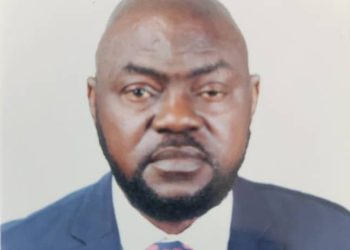The Lagos State Government on Thursday reaffirmed its commitment to fostering a data-driven economy through a One-Day Training for field officers for the conduct of surveys.
The training, spearheaded by the Lagos Bureau of Statistics, in collaboration with the Lagos State Safety Commission, the Agency for Mass Education, and the Lagos State Library Board, focused on three critical areas: safety in the manufacturing industry, the impact survey on Lagos State libraries, and the adult literacy survey.
The event, held recently at the Lagos Chamber of Commerce and Industry (LCCI) in Ikeja, aimed to enhance the capacity of field officers to gather precise and actionable data for policy-making and developmental planning.
Speaking at the event, the Director-General of the Lagos State Safety Commission, Mr. Lanre Mojola said the State is resolved to leverage data as a foundation for informed decision-making.
The Director-General, who was represented by the Technical Adviser, Mr. Seun Awojobi, said data collection is the bedrock of informed decision-making and policy development. He explained that the training would equip field officers with the necessary techniques to gather accurate and reliable data, which is crucial for planning and budgeting in Lagos State.
Highlighting the training’s thematic areas, Mojola stressed the importance of prioritising safety in the manufacturing sector. He noted that accurate data collection in this area would enable the state to assess workplace safety standards, enforce compliance, and protect workers’ welfare.
He said, “Safety in the manufacturing industry is a top priority. Reliable data will empower the government to design policies and interventions that promote safer work environments, ultimately reducing workplace accidents and improving productivity”.
Speaking on the impact assessment of Lagos State libraries, the Director of the Lagos State Library Board, Mr. Amoo Oyadipe, said the training underscored the role of libraries in fostering literacy and lifelong learning.
Oyadipe, who was represented by the Chief Librarian, Mr. Adekunle Adeyinka, explained that gathering data on library usage and accessibility would provide insights into their contribution to education and social development.
He stated, “Libraries are not just repositories of books; they are hubs of knowledge and innovation. The impact survey will help the government evaluate their effectiveness and identify areas for improvement to better serve the public”.
Addressing the adult literacy survey, the Director of the Agency for Mass Education, Mrs. Oluwakemi Kalesanwo, described the survey as a pivotal initiative for bridging education gaps across the state.
She said, “Accurate data on adult literacy rates will guide the Agency in implementing targeted programmes that empower Lagosians with essential reading and writing skills”.
She added that the training aligns with the Agency’s vision to eradicate illiteracy and promote inclusive development.
Earlier in his address, the Director of the Lagos Bureau of Statistics, Mr. B.T. Oseni-Ope, elaborated on the training’s importance, emphasising the evolving nature of data collection methods.
He said that data collection plays a crucial role in policy formulation and planning by providing a factual basis for decision-making. He explained that reliable and comprehensive data helps policymakers understand the current state of affairs, identify trends, and analyse the root causes of issues that need intervention.
“Through data collection and surveys, planners can design targeted interventions that address specific challenges within a community. By analysing data on sectors such as health, education, and infrastructure, governments can identify gaps and prioritise efforts to achieve the greatest impact”, he noted.
He, however, urged field officers to always be diligent and honest with their data, stating that the office would not tolerate false data collection.
One of the participants, a field officer, Mr. Ajayi Adeleke, lauded the government’s investment in capacity building, stating that the training has provided them with the techniques needed to gather high-quality data that would guide the State in policy formulation.
It is expected that the knowledge gained will significantly improve data collection practices, contributing to better governance and service delivery in Lagos State.




































